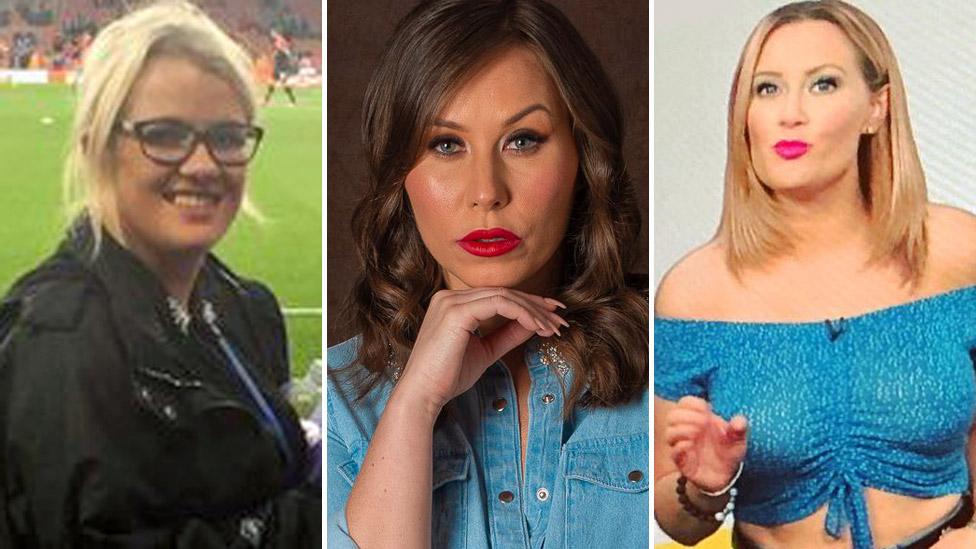Covid-19: 'We adapted, but it was painful' say filmmakers
- Published
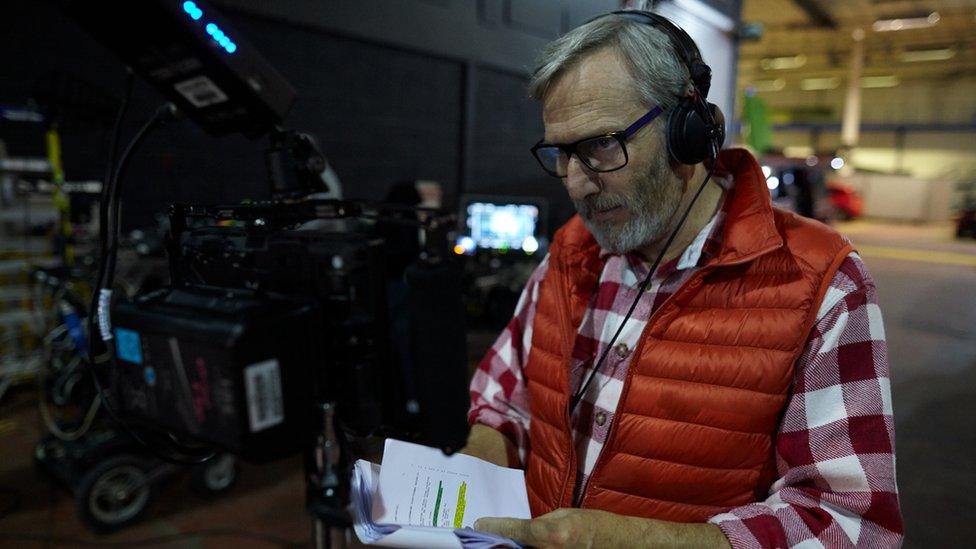
Bruce Goodison directing Murder in the Car Park at Bristol's Bottle Yard Studios
The coronavirus pandemic has made it a "painful" and "challenging" year for Bristol's independent film industry.
Filmmakers have been forced to adapt traditional working methods, with social distancing making once straightforward scenes troublesome.
But amid the disruption, independent production companies have continued to create original dramas in the city.
Indefinite Films' Murder in the Car Park and Blak Wave's We Are Not the Virus were among the 2020 productions.
Director Bruce Goodison and producer Kate Cook have worked together for 20 years and set up Indefinite Films in 2014 to make Leave to Remain, starring Toby Jones.
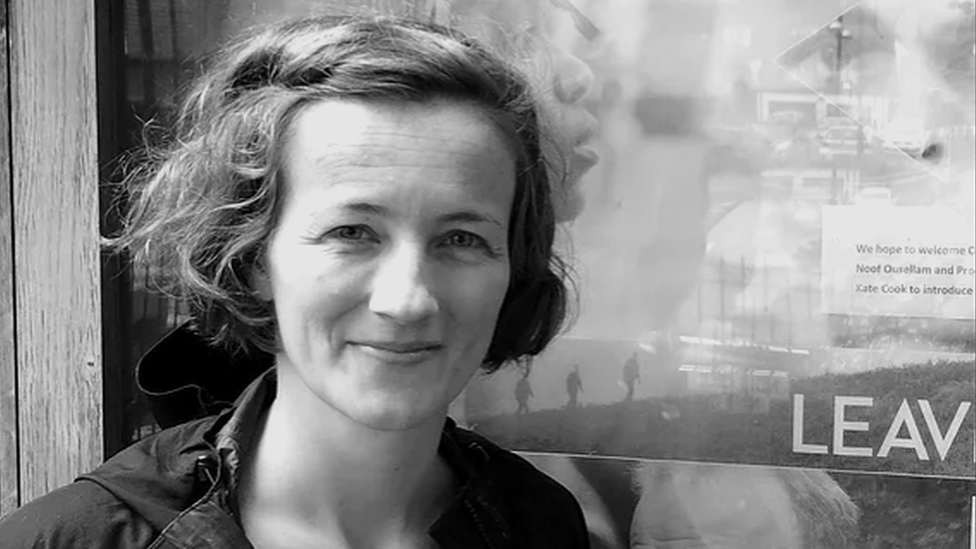
Producer Kate Cook of Indefinite Films has worked on a wide range of documentaries and feature length dramas for television
This year their main project has been Murder in the Car Park, a Channel 4 drama filmed at Bristol's Bottle Yard Studios, which took four years to get from script to screen and was nearing completion when the pandemic hit.
As well as Covid safety measures making filming more "mechanical", Mr Goodison said it also made for a frustrating process which stifled creativity.
"When you are dealing in a medium where you are trying to portray emotion, the regulations made it very mechanical and that's not at all what you want as a director.
"It slowed everything down as the meetings we would have had in person to change things in the past, couldn't be done. People were all over the country.
"It made the process weeks longer than it could have been. We had to adapt but it was painful. The delays made it very complicated," he said.
The British Film Commission worked with the Department for Digital, Culture, Media and Sport on the Covid safety guidelines that productions must follow.
Filmmakers are asked to assign a trained Covid-19 health and safety supervisor to the production, carry out casting and daily briefings online, limit access to the set for those essential to the scene and stagger call times to keep people apart.
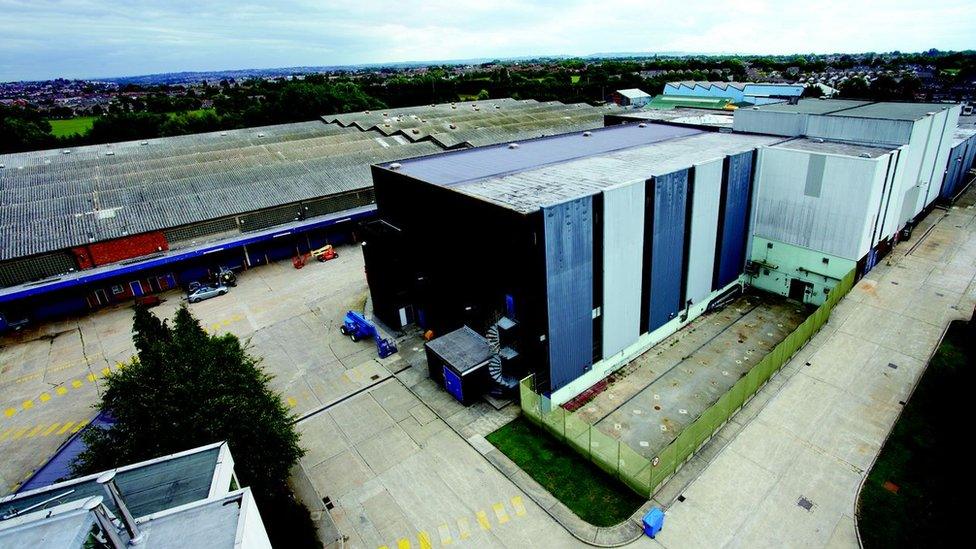
Oscar-winning actor Christopher Walken is among the cast of Stephen Merchant’s The Offenders, which is currently being filmed at the Bottle Yard Studios
They are also asked to keep performers in place for as little time as possible and avoid face to face scenes. Props need to be regularly cleaned and cast members are asked to dress and undress themselves.
The pandemic has touched all aspects of life and Mr Goodison said that the inability to socially mix had an impact on the usual feel of working together on a project.
'Camaraderie'
"You miss the camaraderie of being on set with people. That's one of the most important things. It feels like the process of being creative is more difficult.
"We had to add a lot more time onto shoots. It makes fight and group scenes very difficult. We had things like the '15 minute mask-off rule' and all had to learn a new way to work."
Knowle-based producer Kate Cook said that transmission deadlines meant that filming had to be completed by a certain point despite the disruption, but that the Bristol company was well set-up to adapt to new ways of working.
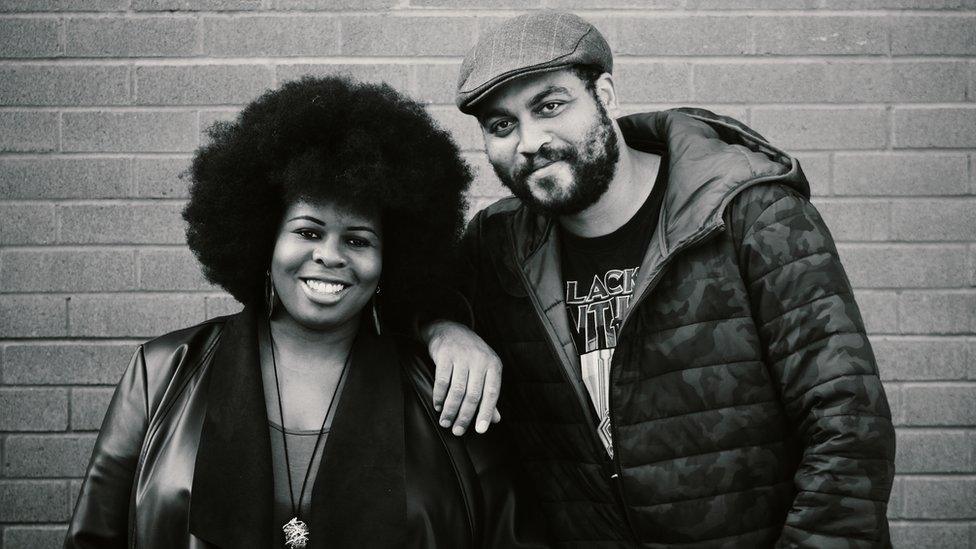
Dr Mena Fombo and Michael Jenkins of Blak Wave Productions are "passionate" about bringing unheard voices and untold stories to screen
"We don't have a massive office or large overheads. We know what works, where to shoot and how to get the best out of people.
"I wouldn't say we had tailored our work due to the impact of the pandemic as these were projects we had been working on for a long time.
"Even with vaccines this virus is still going to be with us for a long time. We are looking forward to next year, we have a lot of original ideas and a range of interesting projects."
Fellow Bristol independent production company Blak Wave Productions was set up by Michael Jenkins and Dr Somina "Mena" Fombo to produce film and TV that better reflects all sections of society.
Mr Jenkins was born in Southmead and said he wanted Blak Wave to give a platform to unheard voices and tell untold stories, with work including We Are Not the Virus and Home Carnival Queen for the BBC.
"There are about 150 production companies in Bristol and we are the only one that is black-led.
"We had been putting in work on the margins of the sector for years," said Mr Jenkins.
He said that they had adapted this year to continue to grow.
"It was different as casting had to be done over Zoom. But in a way that helped because I could see what they would be like on screen.
"We want to engage people and I think that is what has been missing this year; physically seeing people and interacting with them."
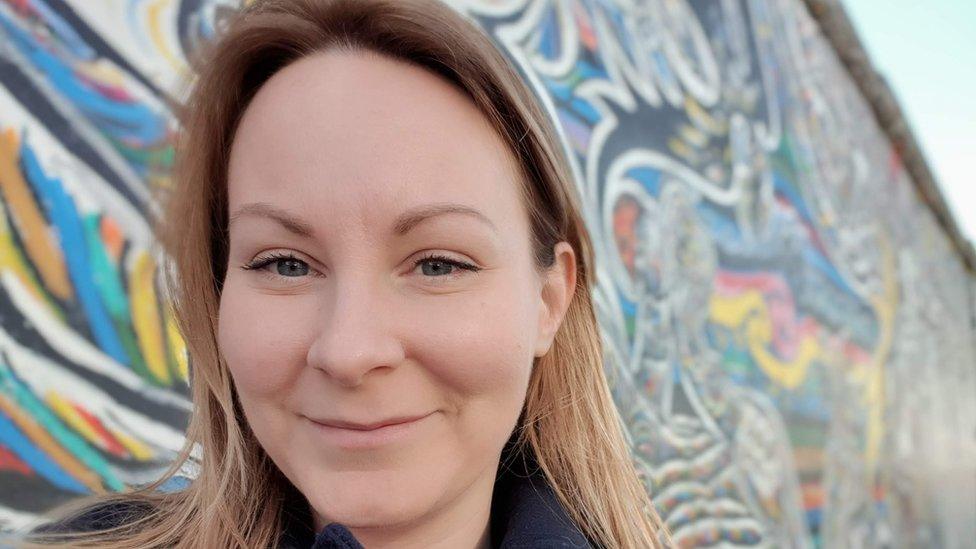
Senior Film Officer at Bristol UNESCO City of Film Natalie Moore said it had been a tough year but a "can-do" attitude had enabled teams to continue working safely
Dr Fombo said shooting had been challenging this year.
"Normally when you finish a shoot it is a celebration but no one could come together and it was quite a sombre feeling.
"We had to consider things like cost and crews and expecting people to do much more than they normally would," she said.
The duo are looking forward to 2021 and are set to focus on creating entertaining, emotional and compelling stories from the region and beyond.
"It's not just about lockdown, it is about a lifetime of work. We have both been working in the industry for a long time and when we joined together it was the merging of two minds.
"There was frustration with the industry and we feel it is important to bring these new voices to screen."
Natalie Moore, senior film officer for Bristol UNESCO City of Film, said "resilience and resourcefulness", as well as a "can-do attitude" had been evident through the year.
"It's been a tough year for Bristol production companies.
"When the government confirmed that production could resume in July, Bristol was ready with safety protocols in place to enable filming on the street and at The Bottle Yard Studios.
"Bristol is already very popular for London companies bringing their film shoots to the city but we're especially keen to see more drama originating from Bristol indies made here too. On the whole we're looking forward to a very busy year in 2021."

Follow BBC West on Facebook, external, Twitter, external and Instagram, external. Send your story ideas to: bristol@bbc.co.uk , external
- Published24 October 2019
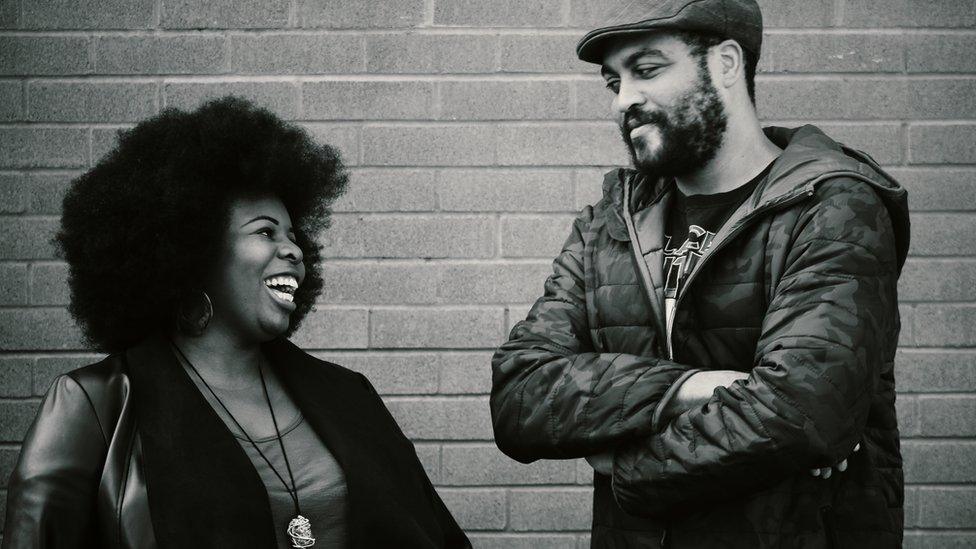
- Published16 December 2020
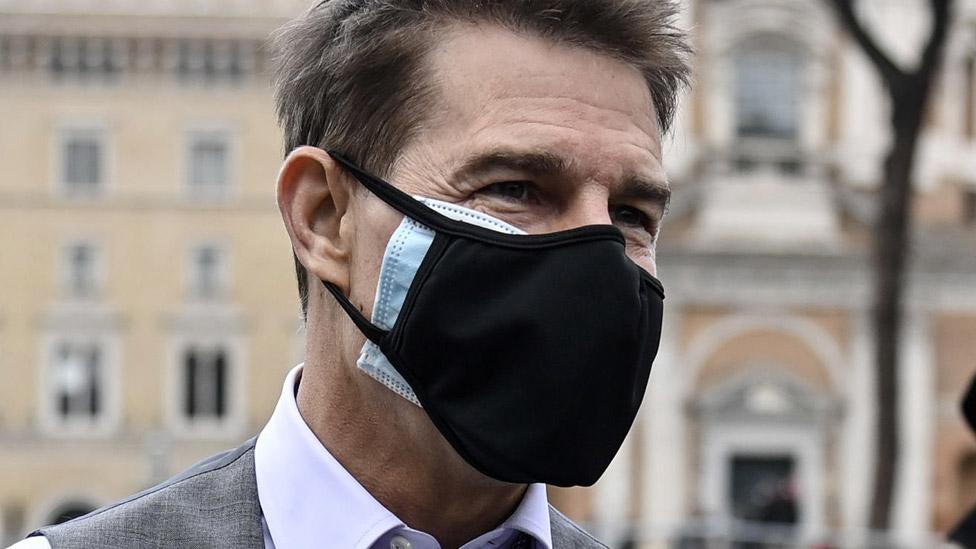
- Published11 December 2020
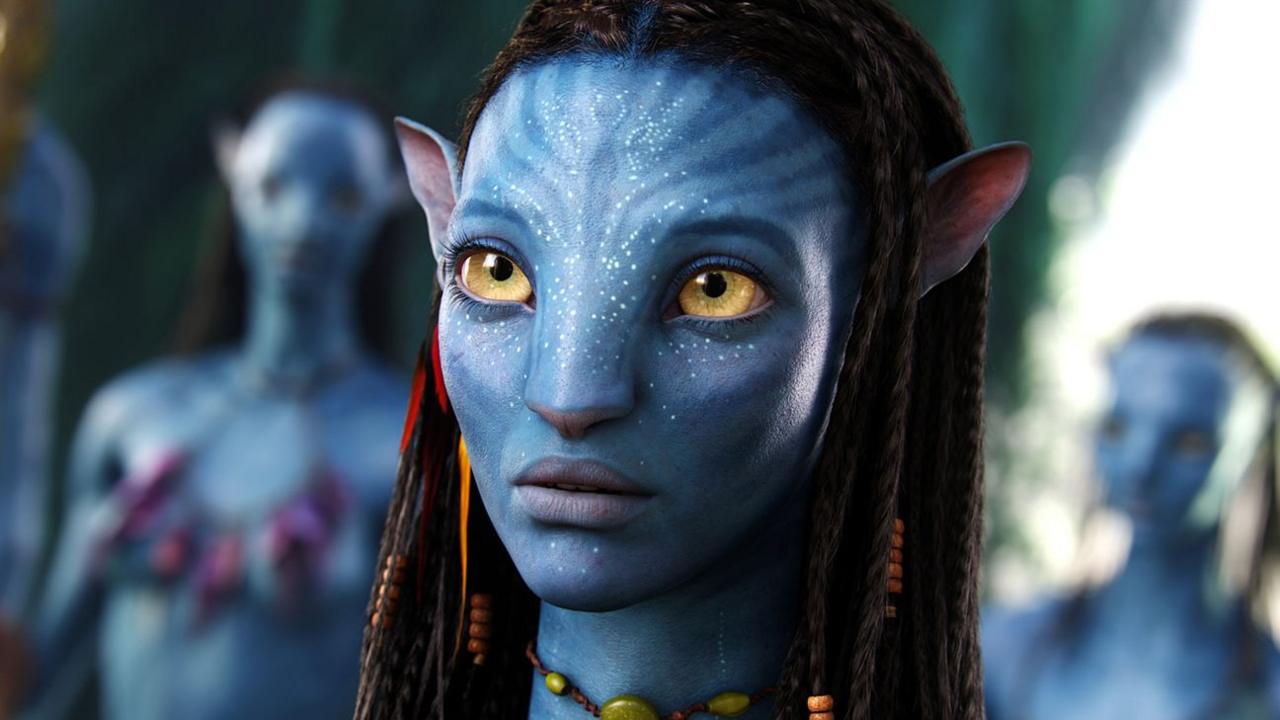
- Published10 December 2020
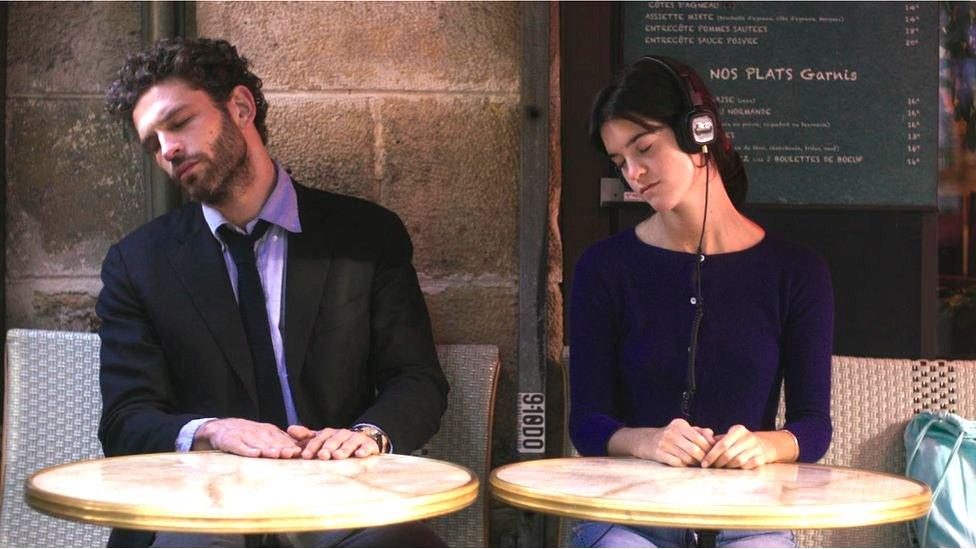
- Published10 December 2020
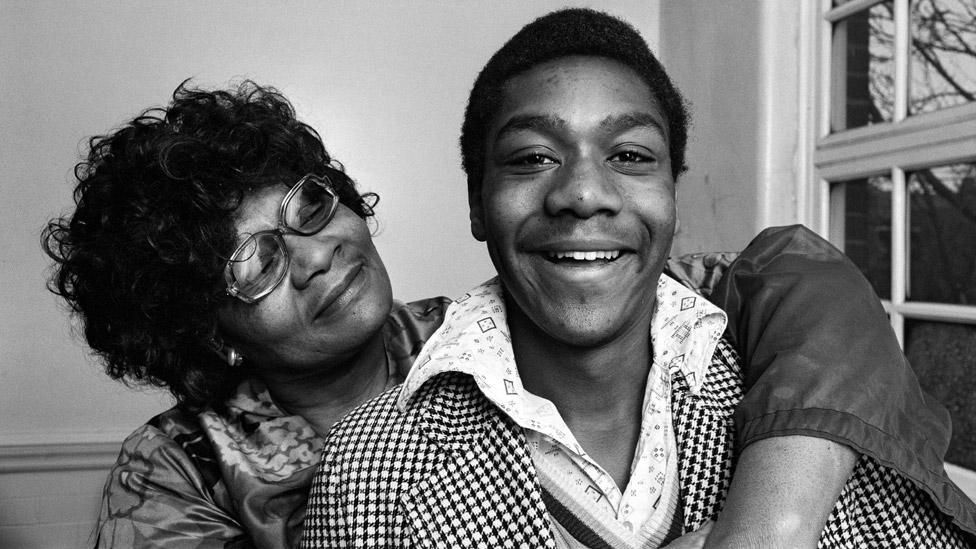
- Published10 September 2020
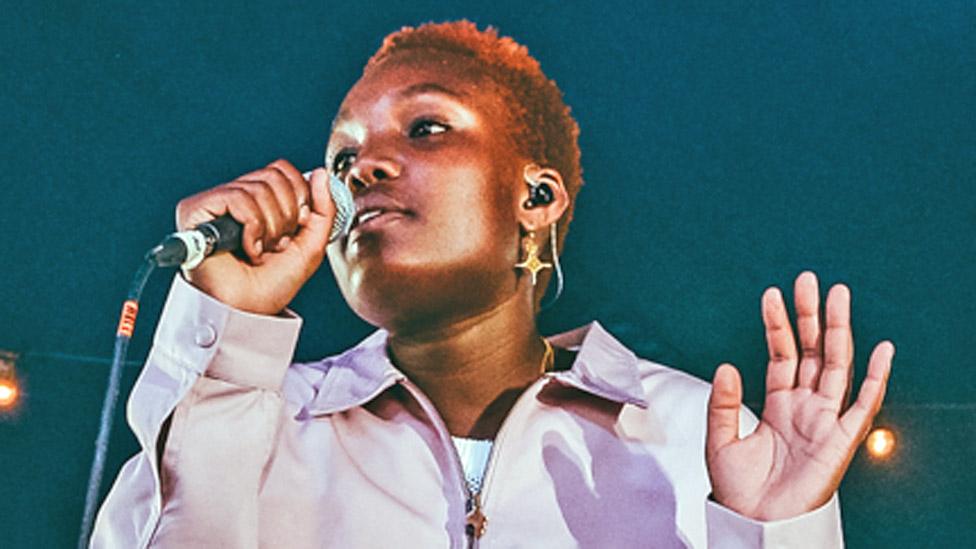
- Published27 June 2020
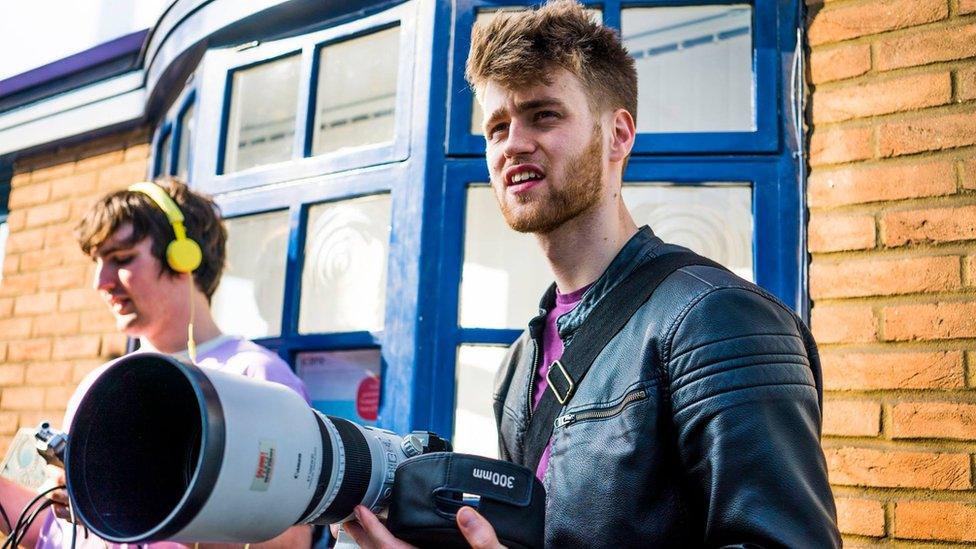
- Published15 June 2020
